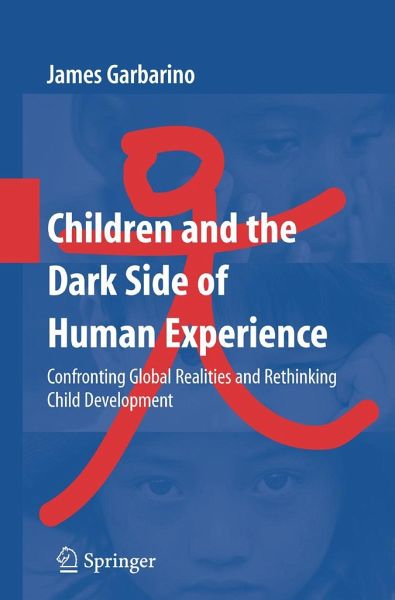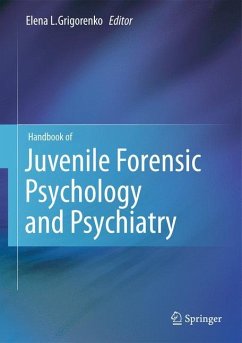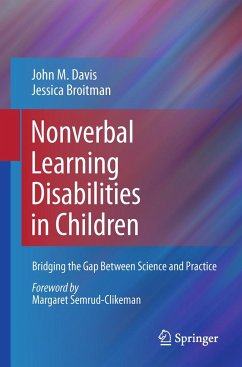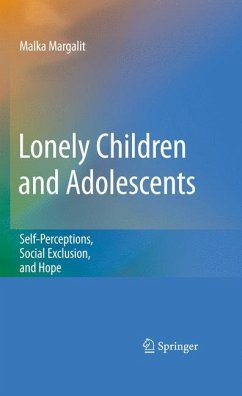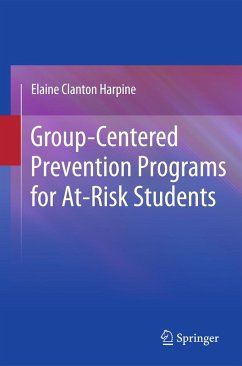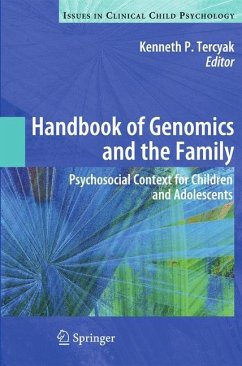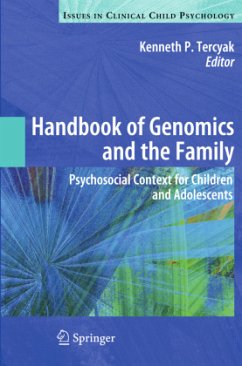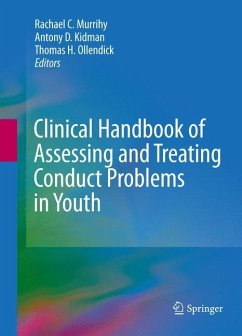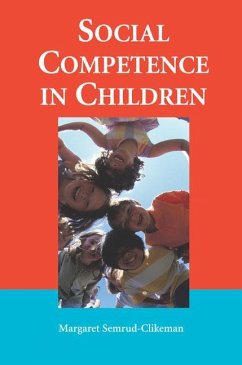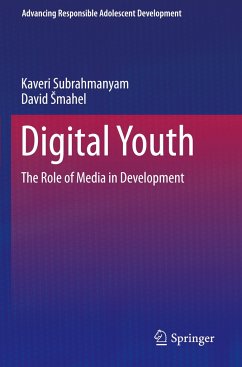Dr. James Garbarino is Director of the Center for the Human Rights of Children and holds the Maude C. Clarke Chair in Humanistic Psychology at Loyola University Chicago. Previously, he was Elizabeth Lee Vincent Professor of Human Development at Cornell University, and from 1985-1994 he was President of the Erikson Institute for Advanced Study in Child Development. He earned his B.A. from St. Lawrence University in 1968, and his Ph.D. in Human Development and Family Studies from Cornell University in 1973. He is a Fellow of the American Psychological Association. Dr. Garbarino has served as consultant or adviser to a wide range of organizations, including the National Committee to Prevent Child Abuse, the National Institute for Mental Health, the American Medical Association, the National Black Child Development Institute, the National Science Foundation, the U.S. Advisory Board on Child Abuse and Neglect, and the FBI. In 1991, he undertook missions for UNICEF to assess the impact of the Gulf War on children in Kuwait and Iraq and has served as a consultant for programs serving Vietnamese, Bosnian, and Croatian children. Books he has authored or edited include: See Jane Hit: Why Girls Are Growing More Violent and What We Can Do About It (2006), And Words Can Hurt Forever: How to Protect Adolescents from Bullying, Harassment, and Emotional Violence (2002); Parents Under Siege: Why You Are the Solution, Not the Problem, in Your Child's Life (2001); Lost Boys: Why Our Sons Turn Violent and How We Can Save Them (1999); Raising Children in a Socially Toxic Environment (1995); Let's Talk About Living in a World with Violence (1993); Towards a Sustainable Society: An Economic, Social and Environmental Agenda for Our Children (1992); Children in Danger: Coping With The Consequences of Community Violence (1992); Children and Families in the Social Environment, Second edition (1992); Saving Children: A Guide to Injury Prevention (1991); What Children CanTell Us (1989); No Place To Be A Child: Growing Up In A War Zone (1991); Special Children/Special Risks: The Maltreatment of Children with Disabilities (1987); The Psychologically Battered Child (1986); Troubled Youth, Troubled Families (1986); Adolescent Development: An Ecological Perspective (1985); Social Support Networks (1983); Successful Schools and Competent Students (1981); Understanding Abusive Families (1980; Second Edition, 1997); and Protecting Children From Abuse and Neglect (1980). Dr. Garbarino serves as a consultant to television, magazine, and newspaper reports on children and families, and, in 1981, he received the Silver Award at the International Film and Television Festival of New York for co-authoring "Don't Get Stuck There: A Film on Adolescent Abuse." In 1985, he collaborated with John Merrow to produce "Assault on the Psyche," a videotaped program dealing with psychological abuse. He also serves as a scientific expert witness in criminal and civil cases involving issues of violence and children. The National Conference on Child Abuse and Neglect honored Dr. Garbarino in 1985 with its first C. Henry Kempe Award, in recognition of his efforts on behalf of abused and neglected children. In 1975, Dr. Garbarino was named a Spencer Fellow by the National Academy of Education and, in 1981, named a National Fellow by the Kellogg Foundation. In 1979, and again in 1981, he received the Mitchell Prize from the Woodlands Conference on Sustainable Societies. In 1987, he was elected President of the American Psychological Association's Division on Child, Youth and Family Services. In 1988, he received the American Humane Association's Vincent De Francis Award for nationally significant contributions to child protection. In 1989, he received the American Psychological Association's Award for Distinguished Professional Contributions to Public Service, and in 1992, the Society for Psychological Study of Social Issuesprize for research on child abuse. In 1993, he received the Brandt F. Steele Award from the Kempe National Center on Child Abuse and Neglect, and in 1994 the American Psychological Association's Division on Child, Youth and Family Services' Nicholas Hobbs Award. Also in 1994, he received the Dale Richmond Award from the American Academy of Pediatrics Section on Behavioral and Developmental Pediatrics. In 1995, he was awarded an honorary Doctor of Humane Letters by St. Lawrence University. In 1999, he received the Humanitarian Award from the University of Missouri's International Center for Psychosocial Trauma. In 2000, he received the President's Celebrating Success Award from the National Association of School Psychologists, and, in 2003, the Outstanding Service to Children Award of the Chicago Association for the Education of Young Children.
